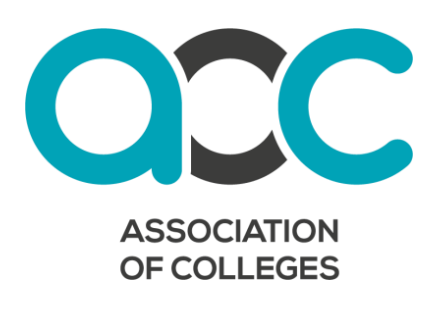Three cheers for FE
/Announced without fanfare, the Department for Education has just published a fascinating report on what disadvantaged students studied and earned a decade or more after leaving school. The research tracks a cohort of 600,000 state-educated students who took their GCSEs in 2005 and had to cope with the distractions of David Cameron winning the Tory Party leadership, Charles tying the knot with Camilla and Kelly Clarkson topping the charts.
What we learned
Within the cohort of 600,000, roughly a fifth of students were classed as disadvantaged (for the purposes of this study, this was defined as being in receipt of Free School Meals at any point between the ages of 11-15). Unsurprisingly, disadvantaged students fared worse than their more privileged peers: only 14% earned over £25,000 a decade later compared to 32% of students in the non-disadvantaged group.
If there are glimmers of hope, they are to be found in the work of Further Education Colleges. The most common qualification route for disadvantaged students was achievement at level 2 (GCSE grades 9-4) or level 3 (A-Level or equivalent). By the age of 25, 46% of disadvantaged students achieved level 2 or 3 at FE compared to 8% in school. The largest volume of disadvantaged male students who progressed to high earnings did so after achieving an FE qualification route.
What we think
Today - November 20 - the Association of Colleges meet for their annual conference in Birmingham. The report shows, once again, that they have much to be proud of: often unacknowledged, FECs are true engines of social mobility. Even more impressively, their work with students from disadvantaged backgrounds has been achieved against a backdrop of shrinking budgets. A recent IFS report showed that funding for FE and sixth form colleges has been cut "much more sharply" than any other area of education.
For many students, the royal road to social mobility runs through their local college. To support FECs, we need not only to ensure fair resourcing but also to make sure that partners across the education sector understand their value. An interim evaluation of the government's flagship Widening Participation programme - the National Collaborative Outreach Programme - found that universities often struggled to engage FECs.
If we want to improve the chances of disadvantaged students, we need to put our FECs centre-stage.







